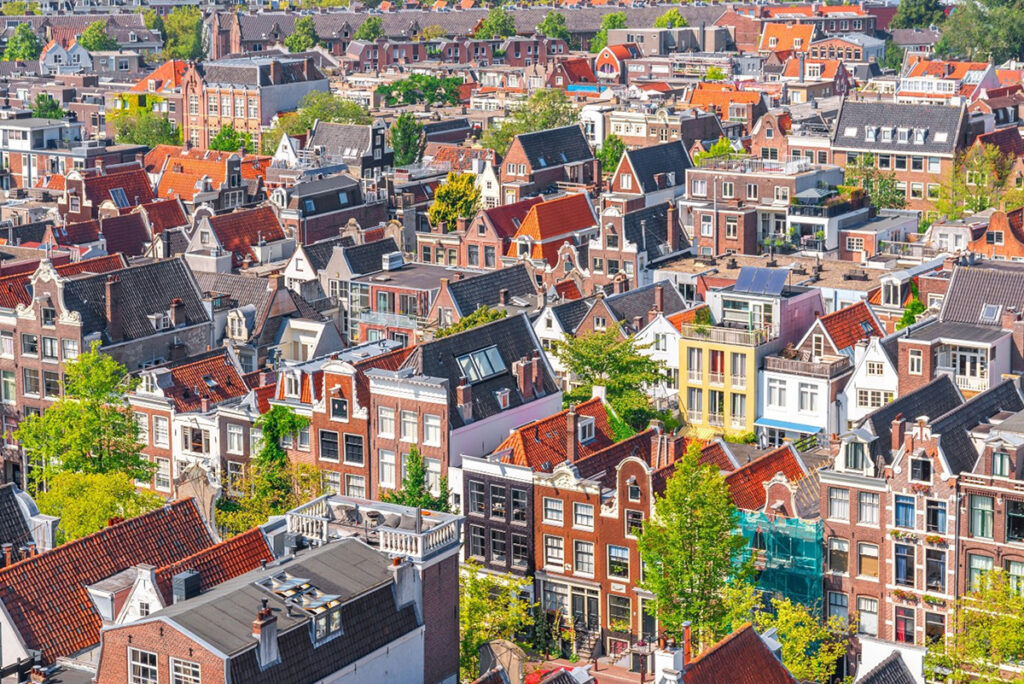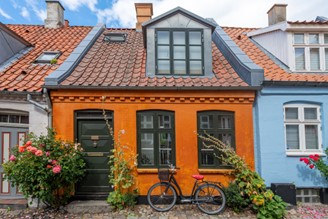Efficient Buildings
ENERGY EFFICIENCY

Introduction
Although it is essential to increase the use of renewable energy sources in order to be able to reduce greenhouse gas emission significantly, it is also crucial to improve the energy efficiency in buildings. By reducing the energy demand of buildings, we can also reduce energy dependency and energy bills.
Description
Energy efficiency is relevant in case of the existing building stock as well as the planned ones. The EU set ambitious targets related to energy efficiency in buildings and therefore, to climate change.
It is important to improve energy efficiency of buildings since approximately 35% of buildings is 50+ years old in the EU which also means poor energy performance generally. In addition, around 75% of the existing building stock is energy inefficient. The speed of renovation is very slow (approximately 1% of building stock per yearly), thus, investments are needed to reduce the buildings energy consumption and the related greenhouse gas emission.
Energy efficient renovations are required in public buildings, too. In accordance with the Energy Efficiency Directive, in case of central governmental buildings at least 3% of the total floor area must be renovated each year.
As the role of building sector is important to achieve the EU’s energy and climate goals, several EU documents on energy security, climate change, climate neutral economy refers to it. In order to boost renovations and decarbonisation, a revised Energy Performance of Building Directive was proposed in December 2021, targeting, inter alia, zero emission new buildings as of 2030.
Energy performance certificate helps the EU citizens to purchase or rent a house/flat by providing information on its energy performance rating and also on future improvements. Based on the certificate, we can get information on the building’s energy demand and consumption.

Main Features
- Thermal insulation of buildings;
- Door and window replacement;
- Replacement of old heating & cooling systems;
- Lighting modernisation;
- Further renovation and modernisation, e.g., thermostats, sensors, smart homes, etc.

Advantages and challenges
+ By increasing energy efficiency of buildings, we can not only save energy and decrease energy-related costs, but also fight against energy poverty and improve citizens’ quality of life.
+ Energy efficiency investments have direct effects on GDP, job opportunities, and economic growth as well.
+ By reducing the building stock energy consumption, we can decrease the EU’s energy import, and thus, its energy dependency.
+ Awareness-raising can have a key role in informing the citizens on the benefits of building automation and other enhanced functionalities.
– Our homes and buildings are responsible approximately 36% of energy-related greenhouse gas emission, and 40% of final energy consumption.
– About 85%-95% of the EU’s buildings will still stand in 2050 according to the expectations, thus, their renovation is a great challenge for the economy and the society.
– Due to different economic and social backgrounds of homeowners, building renovation is not manageable for all citizens without financial incentives.

